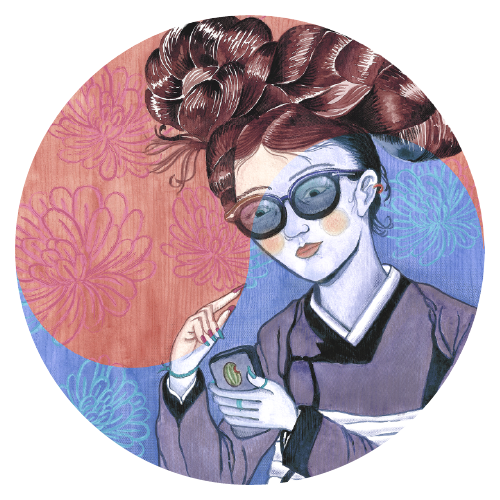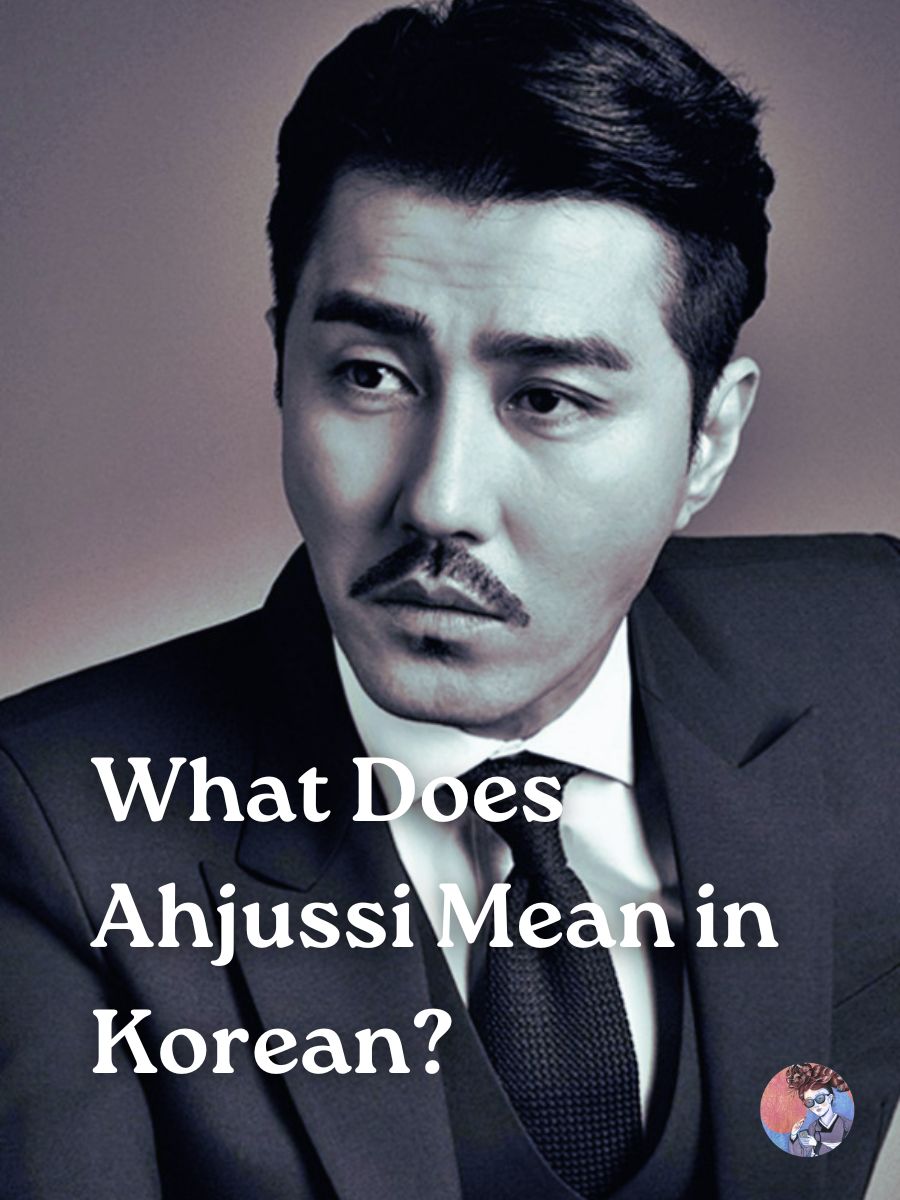
Want to know about ahjussi?
Read on to learn what ahjussi means, what they’re like, and how to politely address them in Korean!
Quick Summary
- Ahjussi in Korean refers to middle-aged men, often married.
- Ahjussi typically wear a crisply ironed dress shirt, trousers, and leather dress shoes, and carry a leather briefcase. They love hiking or golf apparel as well.
- Ahjussi are known to be gruff but kind-hearted and hardworking, or sometimes loud and opinionated.
Literal Meaning of Ahjussi
Ahjussi is a Korean term that refers to an older man, typically someone in his 40s or older, who is no longer considered young but isn’t quite elderly either.
It can be translated as “mister” or “middle-aged man.”
The word can be used respectfully but is often associated with men who are not related to the speaker. Think of it as how you might use “sir” in English but for men who are older than you.
Ahjussi was originally a term referring to male relatives who are one generation older, such as uncles (samchon), parent’s cousins (ochon), or distant relatives.
Ahjussi Fashion Style
Ahjussi often wear a crisply ironed dress shirt, trousers, and leather dress shoes, and carry a leather briefcase.
Younger ahjussi like loose, comfortable clothes like slacks, button-down shirts, or polo shirts.
The peak form of ahjussi fashion is the hiking or golf apparel.
Ahjussi prioritize comfort and practicality over style.
Stereotypes and Perceptions of Ahjussi
Ahjussi have a set of stereotypes and perceptions.
Ahjussis are often gruff but kind-hearted, or sometimes loud and opinionated.
There’s also the stereotype of the drunk ahjussi, who might be seen singing loudly in a noraebang (karaoke).
Some give unsolicited life advice after a few shots of soju, which can be considered kkondae behavior.
On the positive side, ahjussis are hardworking and family-oriented.
Many are perceived as dedicated fathers or providers, working long hours to support their families.
Ajeossi also try to pay the bill at restaurants or pubs. You’ll see them fighting over it in front of staff.
Some embody the “tough but soft-hearted” stereotype that Koreans also like to call “tsundere” (a Japanese term used to describe someone who seems gruff or cold at first but gradually reveals a warmer, more caring side).
How to Politely Address Ahjussi in Korean
While most women in South Korea don’t want to be called ajumma, Korean men are less sensitive to being called ahjussi.
I’ve heard that the attitude and tone of ahjussi can determine the level of annoyance rather than the word itself.
Koreans use ahjussi frequently but we tend to use it when referring to them with others and not directly to their face.
Here’s how to politely address them instead:
- A married man with a kid: [A child’s name] + abeonim
- An old man that you want to show respect: seonsaengnim (literally means teacher, but we use it as a general term of respect)
- A middle-aged man at a restaurant: sajangnim (boss), samchon (uncle to be friendly), or jeogiyo (the safest choice that means more like “excuse me” at a restaurant)
- A man who is way older than ahjussi: eoreusin (senior/sir)
Conclusion
In summary, ahjussi refers to middle-aged men in Korea.
While sometimes associated with stereotypes, the term acknowledges their strength, resilience, and essential role.

